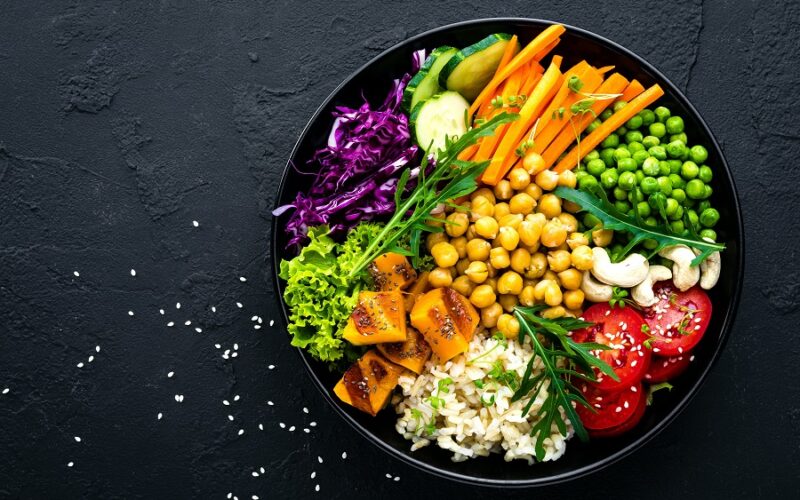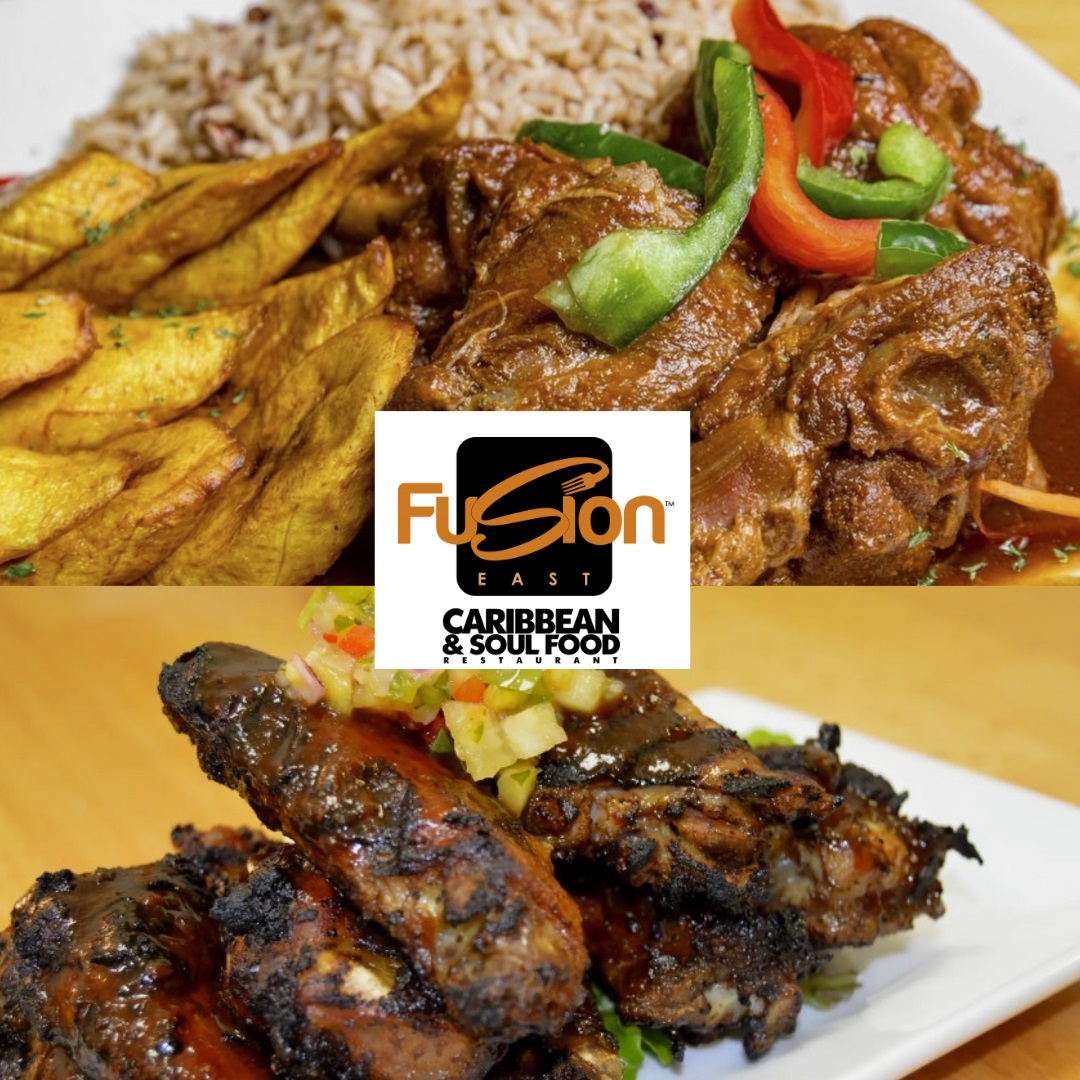Switching to a vegan diet can be difficult, but many Americans are starting to take up the challenge. US News highlights that only 3% of Americans consider themselves vegans. Nevertheless, surveys reveal that more people are now showing interest in plant-based diets by actively eating more plant-based food and having meat-free days.
Compared to other plant-based diets, the vegan diet prohibits the consumption of animal products. By solely consuming food derived from plants, you may experience the following advantages and disadvantages.
Pro: A vegan diet can lower your risk against chronic diseases
Fruits and vegetables are known for their health benefits, so it’s no surprise that a vegan diet can reduce your risk against chronic diseases. You’ll be getting an abundance of vitamins, minerals, and fiber, which can help prevent heart diseases, diabetes, and obesity.
News agency Reuters highlights that individuals who consumed more animal products and refined carbs were 31% more likely to die due to heart disease. They are also 16% more likely to develop heart failure or other non-fatal heart diseases. Meanwhile, those who consumed a greater proportion of plant-based food were 16% less likely to be diagnosed with heart disease.
Con: You may experience nutritional deficiencies
The vegan way of eating can be very strict, so you may find it difficult to maintain a balanced diet. As such, these restrictions can make you miss out on important nutrients typically found in dairy and meat products.
These nutritional deficiencies are the biggest concern that experts have when it comes to the vegan diet. Medically-backed content resource SymptomFind even published a post on the potential risks of a variety of lifestyle practices, including the vegan diet. In their article on vegetarian and vegan diets, it was highlighted that vegans may experience dizziness, energy loss, or even serious arrhythmias of the heart due to nutrient deficiencies. To avoid these negative outcomes, you need to meet your daily nutrient requirements.
Pro: You’ll be consuming antioxidant-rich food
Vegans get a lot of antioxidants from their diet. This substance is important in protecting your body from free radicals, which can kill cells or even create bad cholesterol. This is why antioxidants are considered essential substances in preventing certain cancers, sight loss, and even other chronic conditions.
Vegan resource Plant Based News emphasizes that there are plenty of vegan foods rich in antioxidant content. Additionally, plant-based food can provide more antioxidants for the human body, compared to other types of food. Some examples include berries, citrus fruit, olives, artichokes, kale, and red cabbage.
Con: It will be harder to meet your daily protein requirements
Your vegan diet may not provide you with enough protein, especially if it is unbalanced. These molecules are not only essential in building muscle strength, but are also integral in the structures, functions, and regulation of your body organs and tissues.
To achieve your daily protein requirements, you need to increase your intake of plant-based foods rich in protein. For instance, tofu is a great protein source that can easily be incorporated into dishes. Lentils are another excellent option since they can be used in salads, soups, and even in curries.
If you’re interested in the vegan diet, it is recommended that you incorporate the right amount of nutrients to ensure your safety. Remember: just because a diet is fully plant-based doesn’t automatically mean it’s healthy for you. For more lifestyle tips, check out HealthyNYC. Our resources on news, events, and residents will keep you stay informed about life in New York.

















Leave a Reply